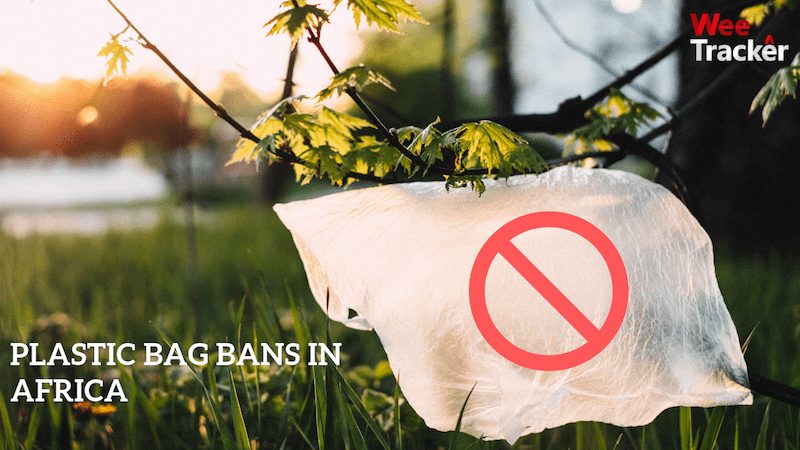There Are More Plastic Bag Bans In Africa Than Anywhere Else

Last year, Tanzania placed a total ban on the use of plastic bags. Under a measure tailored to develop and sustain cleaner environments, the East African country established that defaulters can be fined, and plastic bag manufacturers will likely face jail time.
Praised by environmentalists, the initial phase of Tanzania’s anti-plastic law was introduced in 2017, in a bid to protect its youths and environment.
Following the second phase which extended to tourists, the country expected that its visitors adjust to the minor changes effected to keep Tanzania “clean and beautiful”.
Africa’s Most Populous
Same last year, Nigeria’s house of representatives passed a bill to prohibit the use and sale of plastic bags in the country.
Pending full implementation, the legislation policy provision means that anyone who fails to provide their customers with paper bags in place of plastic would risk a three-years jail time or a fine of half a million naira – or at worst, both.
The house of representatives also suggested that the 100 percent biodegradable recyclable and reusable plastic bags should be fully adopted by Nigerians. This is because they are capable of withstanding more pressure or weight than its synthetic counterpart.
The bill will still be reviewed by the house’s and the Senate’s conference committee, after which the newly sworn-in president would consent for it to become law.
Africa Leading The Pack
Interestingly, Africa is leading the rest of the world in plastic bag regulations. A whopping 31 of the bans have been passed in Sub-Saharan Africa alone. Doing so with some of the most punitive measures in the world, the continent is considered to be going in harsh to maintain cleaner environments.
The Rwandan capital of Kigali was named the cleanest cities in Africa by the United Nations. The recognition came partially on the back of the results from its 2008 ban on non-biodegradable plastic.
The country’s efforts which proved effective, somehow set an example for the rest of the continent regarding relatively quickly improve their environments.
Well, Rwanda’s no-nonsense ban on plastic bags does not measure up to that of Kenya. Currently the world’s most punitive, manufacturers, importers and users found with plastic bags face up to USD 38 K in fine or four-year jail time.
The 2017-initiated effort was greeted with proliferation resistance, but it was a welcome idea for some, especially as the UN estimated that the country used around 100 million plastic bags in a year.
The Kenya Association of Manufacturers estimated that 60,000 jobs would go down the drain and 176 manufacturers will wrap up their businesses.
Actually, several plastic bag manufacturers have since closed or had to restructure substantially as a result of this development, and that means incurring heavy losses. One manufacturer has sued the government, citing inadequate notice.
Necessary Evil?
According to the United Nations, up to 5 trillion single-use plastic bags are used globally every year. The organization’s recent environmental study concluded that plastic bag bans are proving significant, and especially effective in African nations where waste is often burned.
Considering the fact that 40 percent of the world’s plastic waste is actually burned – leading to air pollution – Africa’s intolerance on the material is highly remarkable.
Well-voiced environmentalists say that if the threat of plastic pollution continues to linger, the world would have more plastic than fish by 2050. Apart from minimizing the creation of waste, it also curbs the threat posed to marine life, as much of these used materials drift and end up in water bodies.
Globally, 127 countries have one sort of plastic bag legislation or the other. Africa leads with 34 countries, and Europe closely follows with 29. 91 of the total laws include a ban restriction on manufacturing, importation and retail distribution, according to UNEP.
Featured Image: New York Times